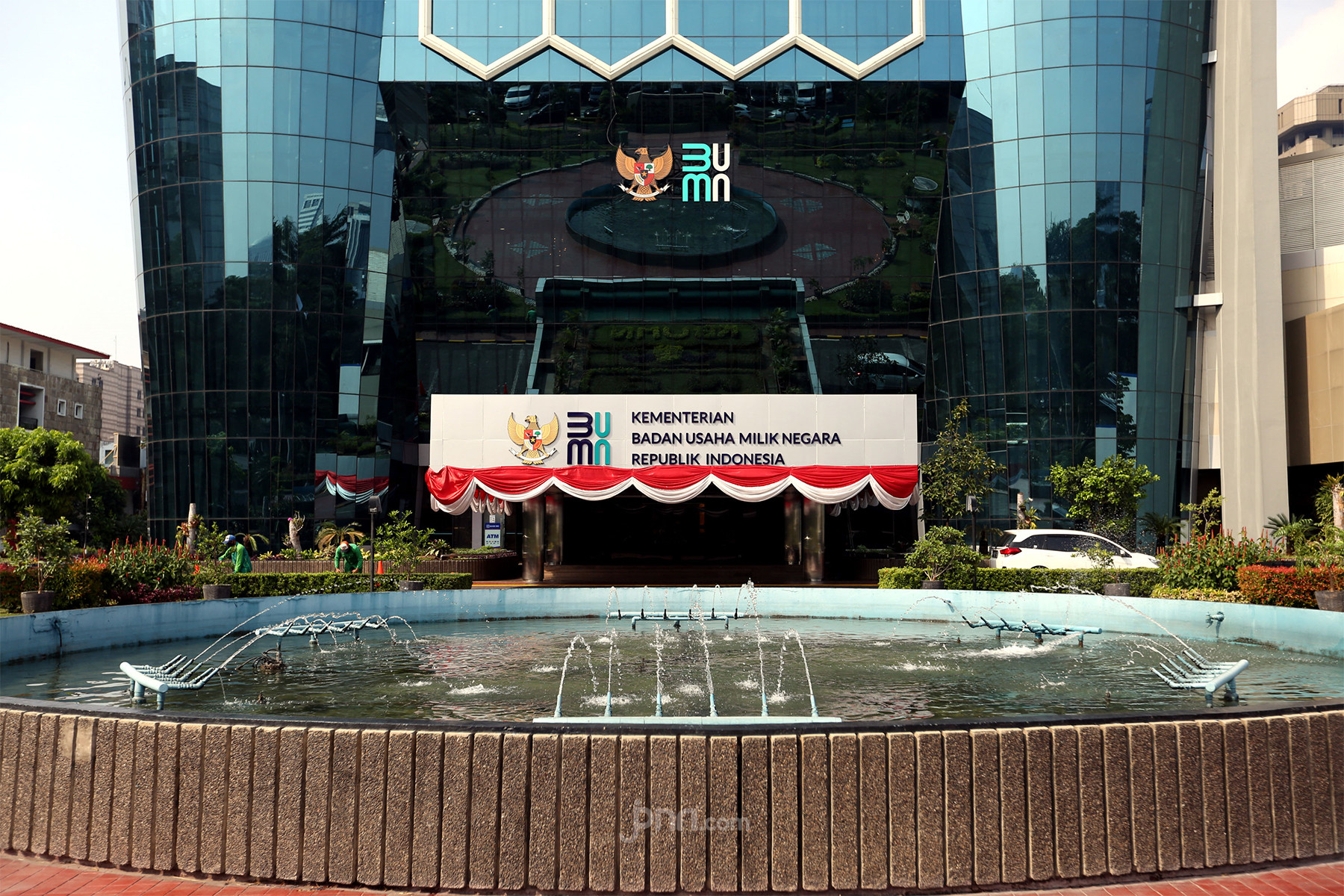To halt the advance of the corona virus, politicians are considering closing the catering industry and introducing a curfew. However, the emergency brake is being pulled from Flanders. The Jambon government is not enthusiastic about such drastic measures.
–
It is absolutely clear: the corona measures are being tightened. Prime Minister Alexander De Croo (Open VLD) stated this with so many words in the House on Thursday. ‘I am convinced that new measures are needed.’ That’s because the coronavirus was diagnosed in an average of more than 5,400 people every day for the past week, which is an increase of 101 percent compared to the previous week. The expectation is that the virus will continue to spread exponentially without intervention, which threatens the hospitals to run into problems.
–
–
The question that the federal and state ministers will consider in the consultation committee on Friday afternoon: how strict will the measures be? On the table of the Consultation Committee, which only starts after noon, is a report from the Celeval expert group, further elaborated by Corona Commissioner Pedro Facon, in which the long-awaited corona barometer is central. There will be a system with four phases, to which corresponding measures will be linked. What phase our country is in depends on the number of infections and the number of hospital admissions. Due to the strong spread of the virus, we are in any case leaning towards phase four, the highest risk level.
–
Lockdown light
The top ministers must determine which measures are linked to phase four. Celeval is aiming for a lockdown light. The experts argue for mandatory teleworking, limiting the number of close contacts to one person outside the family, closing the catering industry, drastically limiting the number of people allowed to attend events and allowing sports activities to take place without an audience or even delete it completely. Immediately the question arises as to what should happen with the Tour of Flanders, which normally takes place on Sunday.
–
There is a political consensus that everything should be done to harm the economy as little as possible. The intention is that everyone continues to work, but teleworking is mandatory where possible. Schools will also remain open, as this should allow parents to continue to work and prevent pupils from incurring further learning difficulties.
–
On the other hand, the number of contacts is being phased out. The top ministers follow Celeval’s proposal to further limit the number of close contacts per person, the so-called hug bubble, from three to a maximum of one outside the family. Each household should be allowed to invite the same four people home every month, while respecting the distance rules.
–
Discussion about catering
There is still considerable debate about the extent to which Celeval’s other proposals, such as closing the catering industry and drastically curtailing events, should be followed. De Croo, supported by Federal Health Minister Frank Vandenbroucke (sp.a), wants to send a clear signal. To make it clear to the population that something really needs to be done, they believe drastic measures are needed. They are in line with the Dutch Prime Minister Mark Rutte, who earlier this week decided to close the cafés and restaurants and to ban events.
–
The federal government is pushing for a common approach for the whole country.
–
The federal government is also forcing a common approach for the whole country. The analysis is that the situation may now be worse in Brussels and Wallonia, but that the problems in Flanders will be at least as great in no time. They see it differently at the Flemish government. In the past week, there were more than 800 corona cases per 100,000 inhabitants in Brussels every day. In Wallonia there are about 600, in Flanders less than 300. It is estimated that the situation in Flanders is also worrying, but that far less drastic measures as in Wallonia and Brussels are needed to get the situation under control.
–
Flemish resistance
The Jambon government therefore suggests that a regionally different approach should be possible. The Flemish team is also against closing the cafes and restaurants. Stricter rules are called for, such as limiting the number of people per table to four. Or to equalize the closing time for cafes and restaurants, possibly linked to a ban on gathering together. This should prevent people from linger on the street after the catering industry has closed.
–
–
An interim solution is to link the opening of cafes and restaurants to a curfew. This should prevent people from going to their friends or family home in the evening. French President Emmanuel Macron opted for this approach in some French major cities that are severely affected by the corona virus. Although a curfew is introduced there from nine o’clock in the evening, while we are more likely to think of a ‘night clock’ between one and five at night.
–
The introduction of a curfew is politically sensitive because it is a very drastic measure in a democracy. Nobody wants to ban non-essential movements, such as in the spring lockdown, because it is too drastic.
–
Just about everything that comes before has yet to be finished. Until that has happened, no entanglement is definitive. When the ministers in the Consultation Committee agree, they must communicate about the new measures. Under former Prime Minister Sophie Wilmès (MR) things sometimes went wrong. Tousled power points and unclear communication clouded the message. De Croo and Vandenbroucke received praise for the intertwining they implemented last week. Their real baptism of fire will follow Friday evening.
–
–


